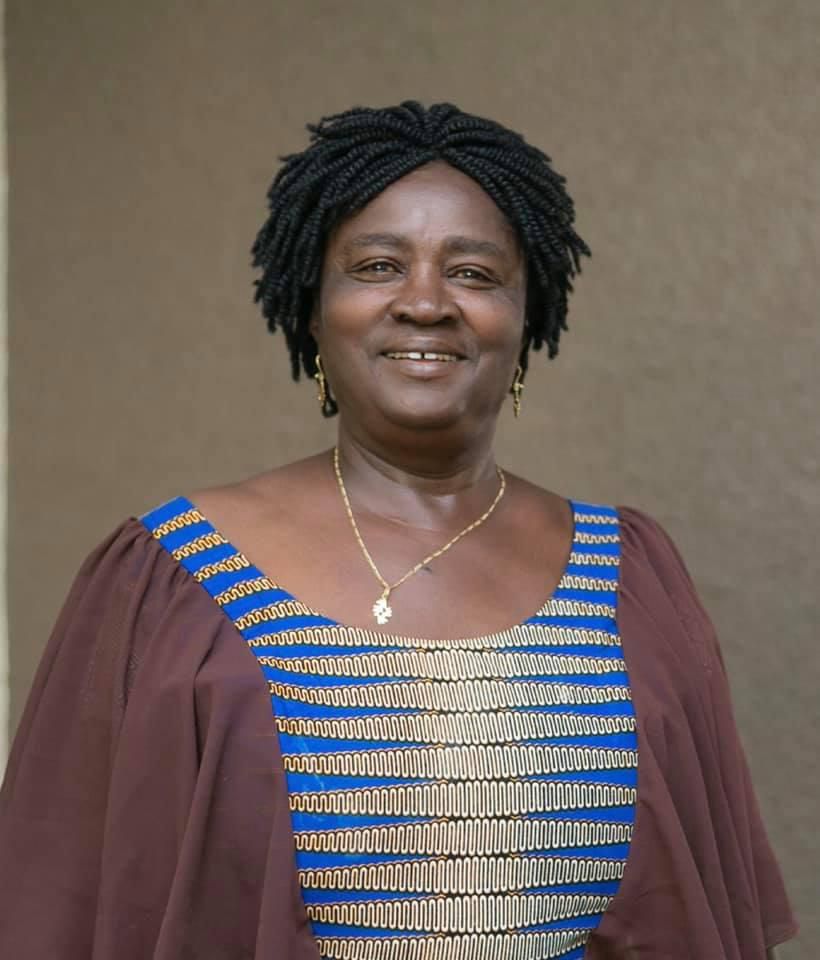NPP inherited huge debt from Prof. Jane Naana Opoku-Agyemang - Education Minister
)
According to him, the current government met huge outstanding bills under the leadership of Professor Jane Naana Opoku-Agyemang, as Minister of Education.
He said "We met huge outstanding bills for key supplies to education service delivery, under the leadership of Prof. Jane Naana Opoku-Agyemang as Minister of Education. There were outstanding bills of approximately GH¢9 million for Capitation Grant; GH¢4 milion Feeding Grant for Special Schools; GH¢14 million for exercise books to basic schools, and GH¢4 million for the supply of school uniforms among many others.

"There was a time in this country when under the three-month pay policy our hard-working teachers were paid only three months' salary, no matter how long they had worked since being engaged. Today, all newly engaged teachers have all their arrears paid a few months after commencing employment. Again, so far, this government has cleared over 91% of the legacy arrears we inherited."
He stated that within the three and half years, the government has cleared all the arrears and ensured the timely release of capitation and feeding grants for special schools.
He explained that in 2018, the National Education Assessment proficiency rate in Mathematics increased from 11 percent in 2016 to 22 percent in 2018. At the secondary level, performance in WASSCE was poor. From 2011 to 2016, approximately 75 percent of all candidates failed to achieve qualification for tertiary education. In 2015, approximately 49 percent of candidates scored F9 in mathematics and 37 percent of candidates scored F9 in Integrated Science.
To improve performance, the Government had invested in the supply of relevant instructional resources to schools, recruited and deployed teachers, provided in-service training to teachers with a focus on mathematics and science, and strengthened school leadership and management.
In 2019, the pass rate in Mathematics reached 65 percent, the highest ever since the exam was introduced decades ago.
He said the proportion of students that score F9 in mathematics had declined from 45 percent in 2015 to 14 percent in 2019. In integrated Science, the pass rate increased from 48 percent in 2016 to 63 percent in 2019. The proportion of students that score F9 in Integrated Science declined from 37 percent in 2015 to 10 percent in 2019.
)
)
)
)
)
)
)
)
)
)
)